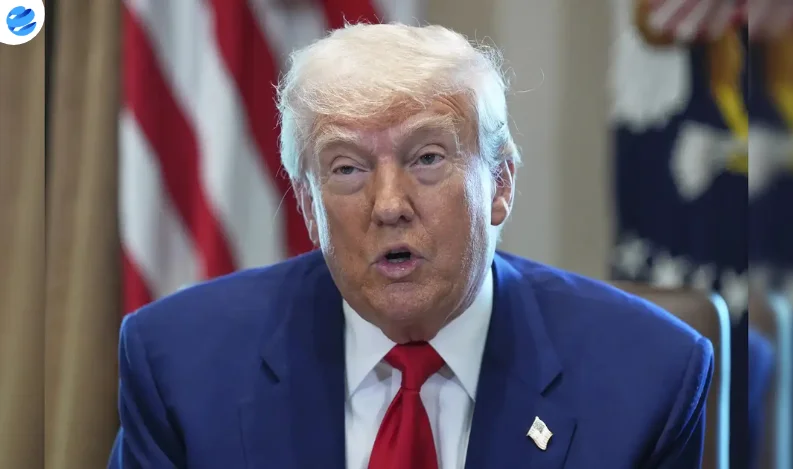Washington, D.C. – The cost of baby essentials has risen sharply following tariff actions announced by former President Donald Trump in April, according to a new analysis released Thursday by the minority staff of the Joint Economic Committee.
The report reveals that new parents across the United States could collectively face $875.2 million in additional costs for baby products in 2025. The committee attributes the increase directly to tariffs imposed on imports from China, where the majority of baby gear sold in the U.S. is manufactured.
The analysis tracked prices of five common baby items, car seats, bassinets, strollers, high chairs, and baby monitors, between April 1 and June 9. The study found an average price increase of 24 percent, or $98 combined, during this period. The jump occurred after Trump’s April 2 tariff announcement, and price changes were monitored using data from Babylist and tools such as Keepa.com and Camelcamelcamel.com.
The biggest price spike was recorded for the Graco SnugRide Lite LX Infant Car Seat, which surged by 44.8 percent over the measured period. However, a spokesperson for Newell Brands, the parent company of Graco, disputed the data, stating the product was on sale on April 1 and that the real price increase was closer to $20, not the reported $43.
Even so, Newell executives acknowledged during an April 30 earnings call that prices across its baby product lines had risen by about 20 percent due to tariff pressures.
Impact on U.S. Families and States
The effects of the price increases are not evenly distributed. According to the committee’s estimates based on American Community Survey data, families in California are projected to bear the heaviest burden, with $100.3 million in additional costs. Other states expected to see major impacts include:
-
Texas: $85.3 million
-
Florida: $48.5 million
-
New York: $48.4 million
A broader review by Babylist, covering 11 baby product categories including diaper bags and bouncers, found a $400 average cost increase for parents between March 10 and June 3.
Industry and Political Response
Retailers and manufacturers are divided in their response. Some companies, including Best Buy and Costco, have already adjusted their prices upward. Walmart and Target have also announced intentions to raise prices on select baby products.
The baby product sector is especially exposed to tariff risk. According to Babylist, 97 percent of strollers and 87 percent of car seats sold in the U.S. are manufactured in China.
Senator Maggie Hassan (D-N.H.), ranking member of the committee, criticized the policy direction, calling it a “tax on babies.” In a statement to CNBC, she said:
“New parents already have their budgets stretched thin by all the products that they have to buy for their child, the last thing they need is a new tax on babies created by President Trump.”
She added that the tariffs are forcing some businesses to choose between laying off workers, raising consumer prices, or shutting down operations altogether.
The White House did not respond to CNBC’s request for comment at the time of publication.
As families navigate rising costs across essential categories, the baby gear market has become a new focal point in the broader economic debate over trade, pricing, and consumer impact under ongoing tariff policies.























